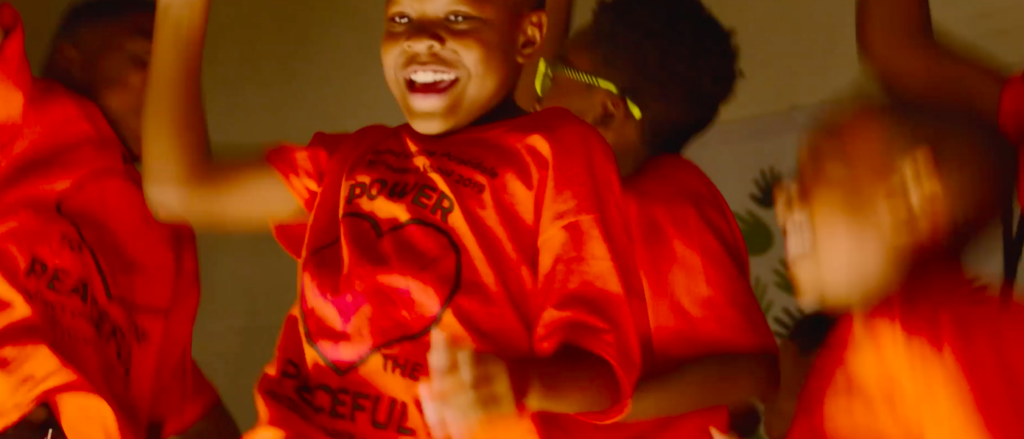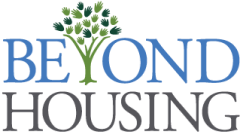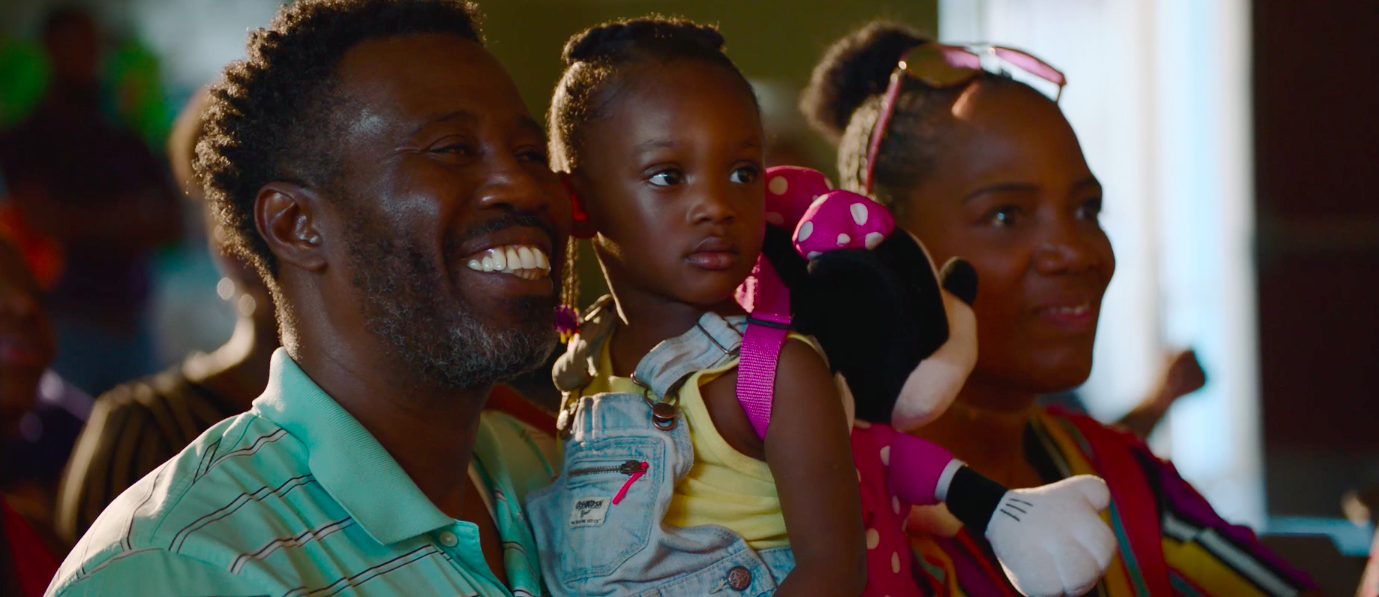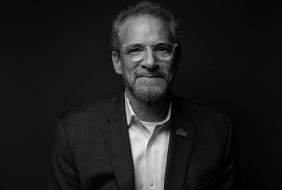At Beyond Housing, we live by an operating philosophy in our comprehensive community building work that we call “Ask, Align, Act.” We start by asking the community we serve what is important to them, what are their biggest challenges, and most importantly what are the solutions to make the place they call home everything they want it to be. We then align the needed resources—human, financial, organizational—to get the work done. And then we act.
Today I want to amplify the all-important “Ask” part of our foundational philosophy. Every summer for the last ten years, we have operated a program called Freedom School for close to 60 children from our community. Freedom School is a nationally acclaimed youth development program that focuses on literacy, civil rights, and cultural history. We operate the longest continuous Freedom School in the St. Louis region. The program was founded by the Children’s Defense Fund and beloved civil rights pioneer, Marian Wright Edelman. The program runs for six weeks with a set curriculum with returning college students from our community as the servant leaders delivering the program. Each year, servant leaders receive a full week of training detailing the importance of leadership, mentoring, and being a role model. The program ends every summer with a grand finale where the scholars, as the children are referred to, show their families and others the things they have learned over the six weeks. Our finale just happened and while I am always moved by the program, our great staff, and the scholars, this year was just a little different.
The program this year had the scholars depict their ancestral heritage in chronological order. They told the audience their cultural story of prideful African kings and queens who ruled a continent. They told the audience of fighting against the slave trade with great fierceness. They told of creating the Underground Railroad to break the chains of slavery and oppression. They told of the heroic efforts of their forefathers to achieve freedom. The many struggles of their grandparents’ generation to gain civil rights. And that the 44th president of this country was a Black man.
The finale ended with every scholar on stage passionately singing the wonderful self-affirmation song “Something Inside So Strong.” Their joyous voices, strong and proud, rang through the building. From the innocence of seven-year-olds to the determination of teenagers, each scholar sang about their ability to do anything they set their mind to. They affirmed to themselves, each other, and to everyone, that they will not be stopped nor deterred in their life journey. It was so very powerful!

As I thought about the scholars’ strong voices singing out their determination and adamancy about their future, I wanted to deepen our conceptual understanding of the “Ask” part of our framework. Starting in late 2018 and through today, we have been engaging the residents of the 24:1 footprint in a variety of ways, including over 1,100 individual interviews, the creation of a community advisory panel, and the founding of four key area committees. The question I asked myself is: “Do we really understand what the community is telling us? Do we really feel the depth of what we are being told?” Yes, our questions are being answered, but do we fully understand their context?
To really understand someone, you have to not only know where they are but also where they’ve been. Context is everything. Culture and history matter.
How do we take centuries of racism, oppression, discrimination, fighting and struggling into account as we craft the strategy of our mission? Can we hear the stories of the kings and queens of Africa? Can we hear the voices of those who fought against our country’s original sin? Can we hear Harriet Tubman tell us to keep fighting for those yearning for a better life? Can we hear the angelic voices of the Birmingham Four asking “why?” Can we hear back to just a few years ago when President Obama asked us to help our country move closer to forming that most perfect union? And for me, most importantly, can we hear and see the scholars of our Freedom School program and all their peers as they tell us, “I can be anything I want to be?”


